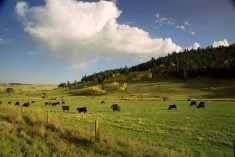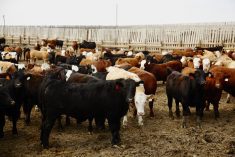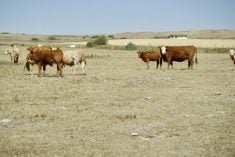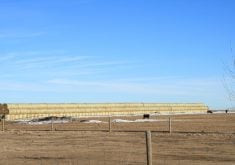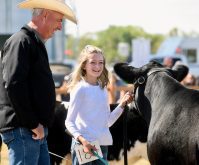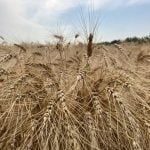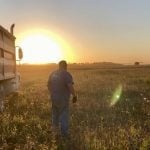It didn’t take long for board members and staff at the Canadian Cattle Association (CCA) to get back into the swing of things following the holiday season. The promise of a new year has brought a renewed energy to push forward on key policy files affecting cattle producers across the country, investing in our next generation and continuing conversations with government and consumers about how raising cattle in Canada is part of the climate change solution.
January 1, 2023, saw new regulations come into force designed to further improve safety and address driver fatigue. These regulations mandate the use of electronic logging devices by federally regulated carriers and work hand-in-hand with hours of service rules for commercial drivers. These new regulations are in addition to the recently amended Humane Transport Regulations for Livestock, which limits the withdrawal of feed, water and rest to 36 hours for weaned cattle in transit.
Safety is paramount and should never be compromised, but for the livestock industry, this important issue extends beyond motor vehicle safety. Commercial drivers are responsible for the welfare of the livestock they are hauling and any changes to the regulations should also consider their unique needs.
Read Also
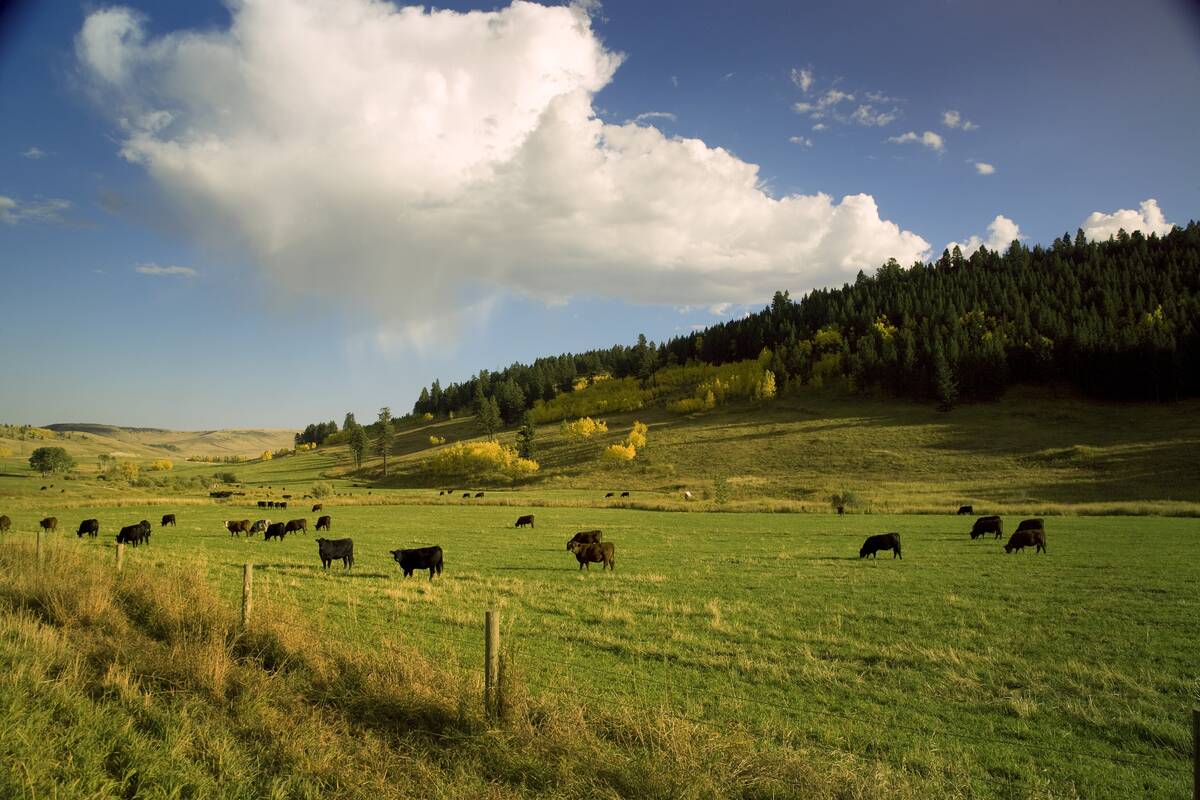
The Canadian Cattle Association’s international advocacy efforts
Global ag policies affect Canadian food policy, so the Canadian Cattle Association participates in international and domestic forums
While all commercial drivers must be prepared to handle possible emergencies and adverse driving conditions, the transport of livestock can have additional unforeseen delays that can affect animal welfare. Any delays in loading, unloading or at border crossings count as “on-duty time.” This is problematic for livestock haulers as a driver cannot simply pull over and go “off-duty” as they could with inert freight. Most livestock trailers are passively ventilated and require movement to maintain an appropriate environment. It is often not feasible to unload animals during unexpected delays due to limited rest facilities, animal stress and biosecurity risks.
CCA is working with a coalition of national livestock associations to actively engage the Canadian government to address the aspects of the regulations that may unintentionally compromise the welfare of live animals (including bees). Collectively, we are proposing harmonization with the transportation regulations in the U.S., which provide an exemption of drivers’ on-duty time within a 150-mile air radius (240 km) of their load origin and destination. We are also asking for clarity on enforcement so drivers know how and when emergencies can allow them to extend their time driving to best manage the welfare of the animals in their care. This flexibility is key and should come into play only occasionally.
As we move forward on this file, it’s impossible not to think about Reg Schellenberg and his strong dedication and passion for animal health and care. He strived to bring common-sense recommendations to government that acknowledged the unique circumstances facing the Canadian beef industry while ensuring the proper care and welfare of animals. Travelling to his funeral, it was striking to me how vast Canada is, reminding me that policy and regulations need to take this into account.
CCA also continues to push on one of our key budget asks for the establishment of a Canadian vaccine bank for foot-and-mouth disease (FMD) through conversations with parliamentarians and department officials. In recognition of the strong integration of the North American beef value chain, the CCA has collaborated with our counterparts in the U.S. and Mexico, calling with a united voice for continued investment in FMD vaccine banks in each country.
Canada’s establishment of this critical infrastructure will be a major milestone in our preparedness against the threat of FMD. In anticipation, CCA is providing leadership to national and international collaborative efforts on emergency planning and preparedness. Domestically, through Animal Health Canada, CCA is working with government and other at-risk commodities to ensure the vaccine bank can be operationalized effectively in an emergency. Internationally, we have identified a shared need for continuity of business plans for use in a possible FMD outbreak in North America.
Our young leaders also kicked off the year with a total of six representatives from our leadership development programs travelling to Denver, Colorado. Trip participants took in the National Western Stock Show, and took advantage of industry tours and networking opportunities with U.S. beef industry representatives to better understand how co-operation and collaboration between our countries supports our integrated supply chain, adds value on both sides of the border and helps us tackle issues that are important to Canadian and American producers. A special thanks goes out to the Consulate General of Canada in Denver for their efforts in co-ordinating an interesting program for our young leaders and providing funding to support their travels.
We are very proud of the opportunities our youth programs provide to strengthen the next generation of our industry. We encourage anyone between the ages of 18 and 35 who is interested in getting more involved in the Canadian beef industry to apply to the Canadian Cattle Young Leaders program. The application period is now open and closes on March 31, 2022. Apply today by scanning the QR code.
In closing, I am looking forward to being in Ottawa to celebrate Canada’s Agriculture Day on February 15. This event provides an excellent opportunity to build on the conversations we have been having with parliamentarians, government officials and consumers about the important contributions that Canadian cattle producers make to addressing food insecurity, helping secure our economic recovery following the pandemic and being a part of the climate change solution.



